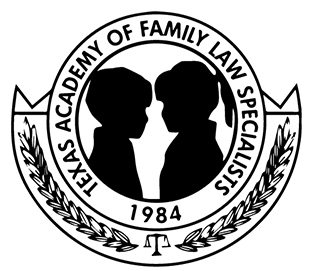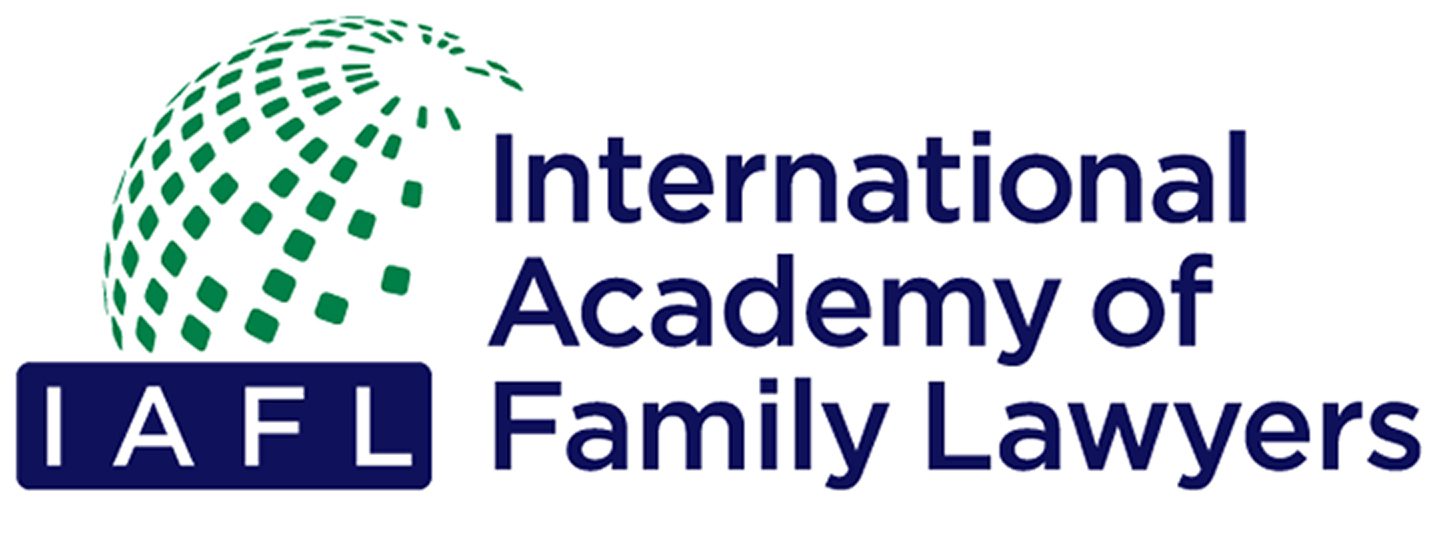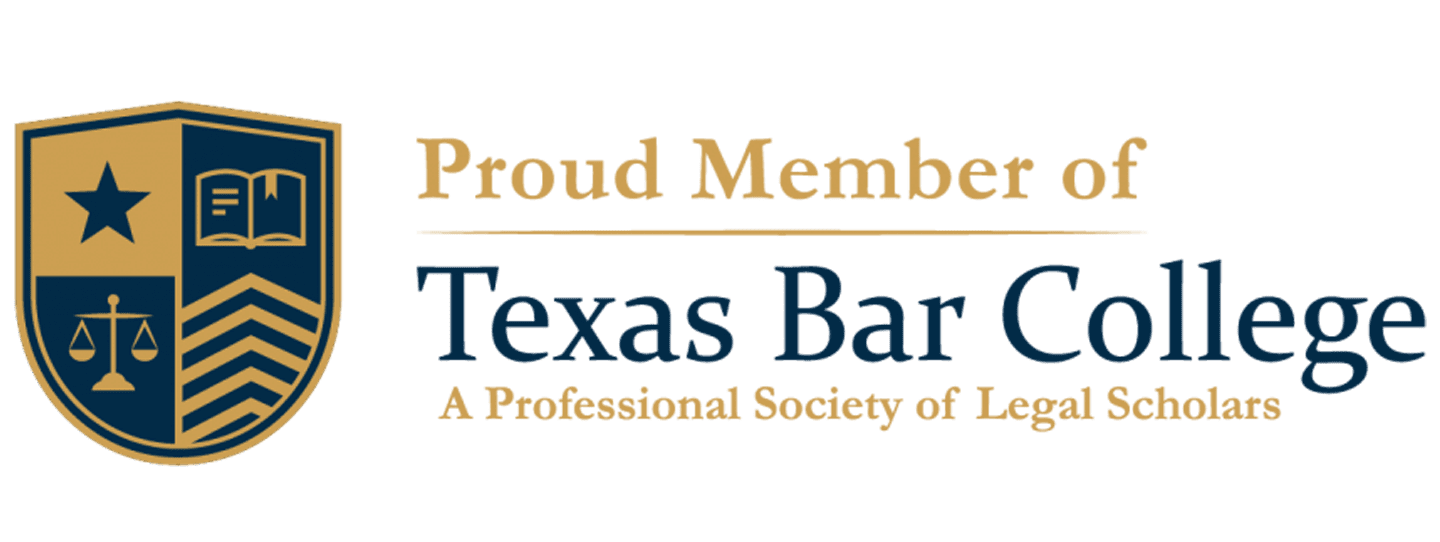Texas residents may be aware that Native American legal issues are often handled by tribal court systems. However, matters can become complicated if different parties pursue legal action through different systems. Two boys are at the center of a custody battle involving a Montana reservation and a Minnesota court. Although the grandmother of the boys believed that she was protected from state court orders while on the Northern Cheyenne reservation in Montana, officials from the United States Bureau of Indian Affairs returned the boys to their father in Minnesota on Nov. 21.
Temporary custody of the boys was awarded to their father in 2014 due to their mother’s difficulties with addiction and other legal problems. The grandmother pursued legal and physical custody rights through the Minnesota courts, but she also asked her tribe for assistance, resulting in an order for emergency guardianship from tribe authorities. The basis for the emergency order was danger of physical injury to the boys if they had to live with their father, but there have not been any formal charges against the father. The legal representative for the grandmother states that she is troubled by the BIA’s coordination with state officials in this case. As employees of the federal government, the agency’s officers are obligated to recognize court orders issued by states, but they are not required to do so in all cases of tribal court orders.
Jurisdiction can be a complicated issue in custody cases. This can be even more complicated if a matter involves a family member seeking custody who is not a biological parent. In complicated custody cases, reliable and experience legal representation can be a major factor.
Related Posts: Important documents in child custody disputes, The challenges and advantages of parallel parenting, How ‘birdnesting’ may make shared custody easier post-divorce, Responsibilities custodial parents may have








0 Comments